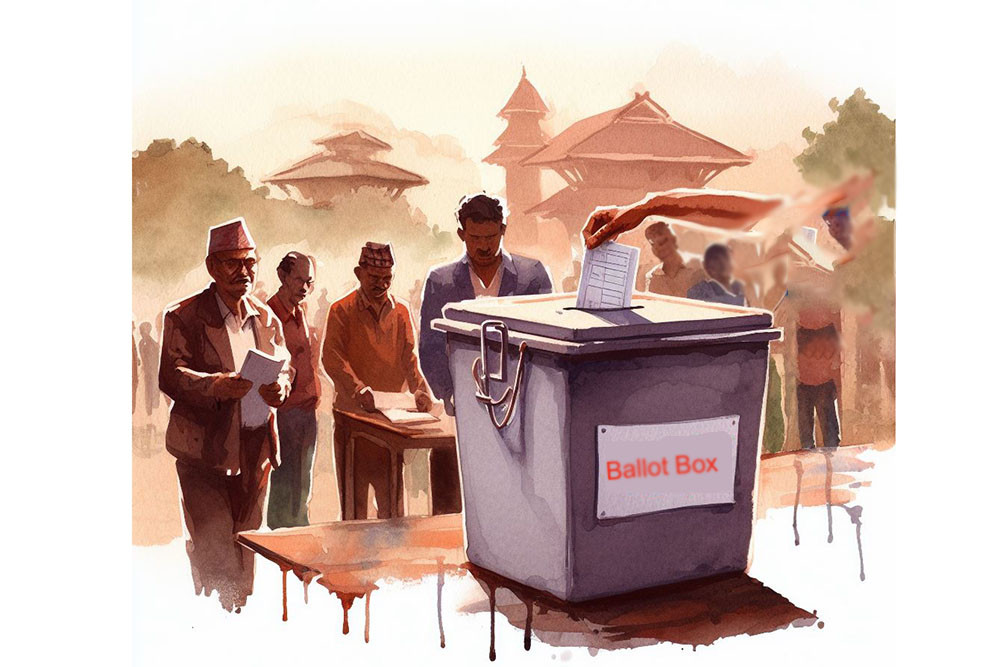
We have come far in terms of how we live. Technology has greatly enhanced our quality of life while bridging distances within countries and across oceans. We live longer. We travel more. We enjoy different foods and cultures. And if we have the money we can pay for all that we really need and desire from any part of the world, including the best in healthcare.
In Nepal, healthcare yet remains a critical topic. Many excluded from the very basic aspects of it. We have manifold challenges starting from access to medical facilities, lack of advanced technology, qualified manpower, availability of medication, insurance, government policies, etc.
People who can afford it are able to access private healthcare and when necessary travel to foreign shores seeking the best specialization. But for the poor, it’s all about standing in queues awaiting your turn first for a checkup, then to show your report, and if necessary again staying in queue for surgery… often in critical condition, losing the battle not just to your illness but to the state. After all, public hospitals are under the purview of the government.
Analyzing the different healthcare systems in the world, you will find that there is no one perfect solution, and neither can flaws in one system validate the flaws of another system. Within the country it is hard to ignore that privatizing healthcare has enhanced its access and availability to the general public. And the competition that comes with privatization ensures affordability to a large extent.
Today there is a growing number of private hospitals, labs, pharmacies, specialist clinics, pharmaceutical manufacturing, medical colleges, alternative healing clinics among others. The key is privatization which in turn allows healthcare to become affordable. For the very poor, investors and entrepreneurs must ensure that private practices are offering charitable benefits that make a true difference not based on forced charity.
The government’s role would be to create policies that have a positive influence on the healthcare industry, to ensure lowering cost of doing business, facilitate investment, to regulate ethical and effective treatment, to ensure standards of drug manufacture, to create health insurance access for the larger population, spend on R&D, focus on developing the best health tourism/ education model, promote alternative healing practices indigenous to the region and create sustainable health strategies.
Published Date: August 9, 2017, 12:00 am
Post Comment
E-Magazine
RELATED Editorial Page





